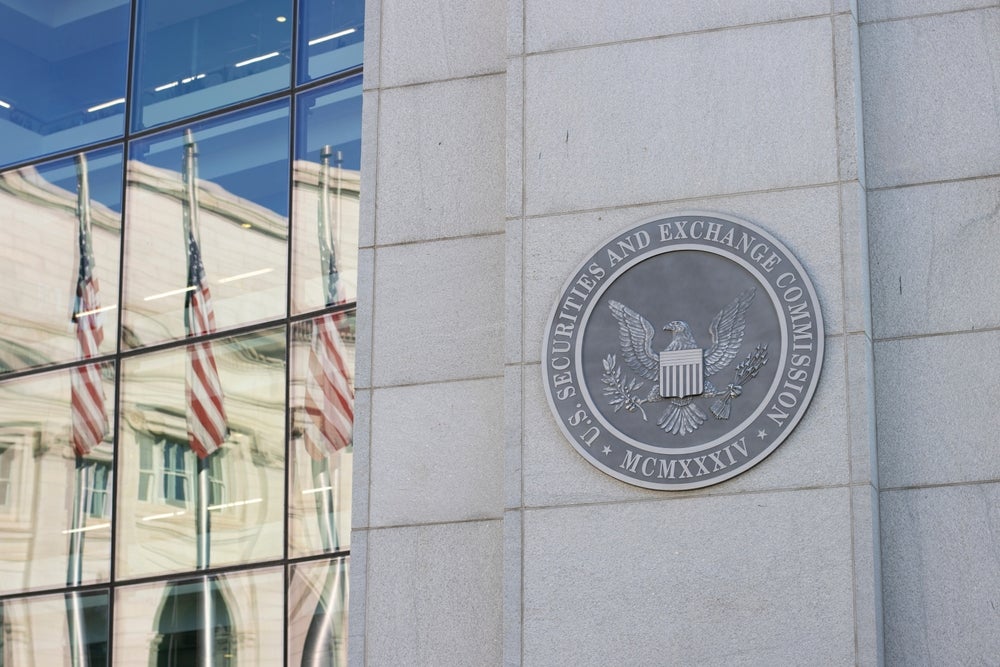The US’ Securities and Exchange Commission (SEC) has proposed rule changes that would require registrants to include certain climate-related disclosures in their registration statements and periodic reports.
This would include information about climate-related risks that are reasonably likely to have a material impact on their business, results of operations, or financial condition, and certain climate-related financial statement metrics in a note to their audited financial statements. It would also include information on climate-related risks and the disclosure of the registrants greenhouse gas emissions.
SEC chair Gary Gensler said: “I am pleased to support today’s proposal because, if adopted, it would provide investors with consistent, comparable, and decision-useful information for making their investment decisions, and it would provide consistent and clear reporting obligations for issuers.
“Our core bargain from the 1930s is that investors get to decide which risks to take, as long as public companies provide full and fair disclosure and are truthful in those disclosures. Today, investors representing literally tens of trillions of dollars support climate-related disclosures because they recognize that climate risks can pose significant financial risks to companies, and investors need reliable information about climate risks to make informed investment decisions.
“[This] proposal would help issuers more efficiently and effectively disclose these risks and meet investor demand, as many issuers already seek to do. Companies and investors alike would benefit from the clear rules of the road proposed in this release. I believe the SEC has a role to play when there’s this level of demand for consistent and comparable information that may affect financial performance. Today’s proposal thus is driven by the needs of investors and issuers.”
The SEC’s proposed rules also would require a registrant to disclose information about its direct greenhouse gas (GHG) emissions (Scope 1) and indirect emissions from purchased electricity or other forms of energy (Scope 2).
How well do you really know your competitors?
Access the most comprehensive Company Profiles on the market, powered by GlobalData. Save hours of research. Gain competitive edge.

Thank you!
Your download email will arrive shortly
Not ready to buy yet? Download a free sample
We are confident about the unique quality of our Company Profiles. However, we want you to make the most beneficial decision for your business, so we offer a free sample that you can download by submitting the below form
By GlobalDataAdditionally, a registrant would be required to disclose GHG emissions from upstream and downstream activities in its value chain (Scope 3), if material or if the registrant has set a GHG emissions target or goal that includes Scope 3 emissions.
For registrants that already conduct scenario analysis, have developed transition plans, or publicly set climate-related targets or goals, the proposed amendments would require certain disclosures to enable investors to understand those aspects of the registrants’ climate risk management.
Commenting on these proposals, IFAC CEO Kevin Dancey said: “This SEC proposal allows policymakers and stakeholders worldwide to compare and contrast important initiatives that are taking place on climate-related disclosure, including the work of the newly established International Sustainability Standards Board under the IFRS Foundation, that of the European Union, and others.
“Alignment among all these initiatives is imperative for decision-useful information. It’s critical that we create a harmonized, global system of sustainability and climate disclosure and avoid a patchwork of standards and regulations emerging across jurisdictions. IFAC also supports regulations that promote narrative as well as performance-focused measurements and that better align sustainability disclosure with financial reporting.”






